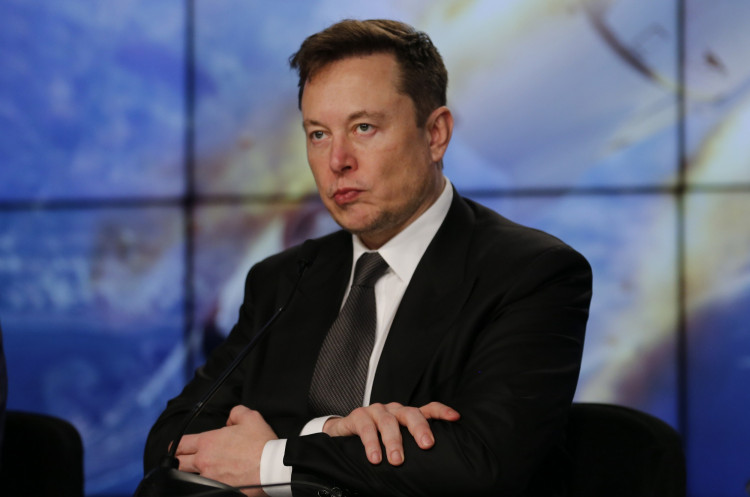Benjamin Rapoport, a co-founder of Elon Musk's neurotechnology company Neuralink, has left the company citing significant safety concerns with its brain-computer interface (BCI) technology. This departure escalates ongoing discussions about the ethics and safety of integrating such advanced technologies with human medicine. Rapoport, a trained neurosurgeon, revealed his reasons in a revealing interview with the Wall Street Journal's podcast "The Future of Everything."
During the interview, Rapoport shared his career-long dedication to transitioning neural interfaces from scientific concepts to medical applications. He stressed that his decision to leave Neuralink and start his own venture, Precision Neuroscience, was driven by a commitment to safety in medical technology. "In the world of medicine and technology, safety is paramount," Rapoport stated, expressing concern over Neuralink's methods which he views as overly invasive and potentially harmful.
Neuralink, under Musk's leadership, has been pioneering in the field of BCI by developing technology that involves implanting tiny electrodes in the brain to facilitate direct brain-computer communication. However, Rapoport criticized this approach for the physical risks it poses to brain tissue, highlighting the "needle-like electrodes" used to penetrate the brain as a primary concern. "For a medical device, safety often implies minimal invasiveness," he explained, suggesting that Neuralink's current methodology could cause "some amount of brain damage" during the implantation process.
In contrast, Rapoport's new company, Precision Neuroscience, is developing a BCI technology that relies on surface microelectrodes. These electrodes sit on the brain's surface without penetrating it, which he argues is a safer, less invasive approach. "The Precision system is based on tiny little electrodes that coat the surface of the brain without penetrating it," Rapoport elaborated, presenting this method as a safer alternative to Neuralink's deeper implantation technique.
Neuralink's procedure involves a significant surgical intervention where a portion of the skull is removed to implant a chip the size of a quarter directly into the brain cavity. Since its early animal testing phases in 2019-2020, the company has reportedly refined this technique, and in January, it moved forward with its first human implant.
Rapoport's new venture aims to mitigate the risks associated with such invasive procedures. Precision Neuroscience's method involves making a small incision in the scalp and a sub-millimeter incision in the skull, avoiding the need for a full craniotomy. "Because the electrode films are skinny, we can slip them through a little slit in the bone onto the brain surface," he said, describing the process.






